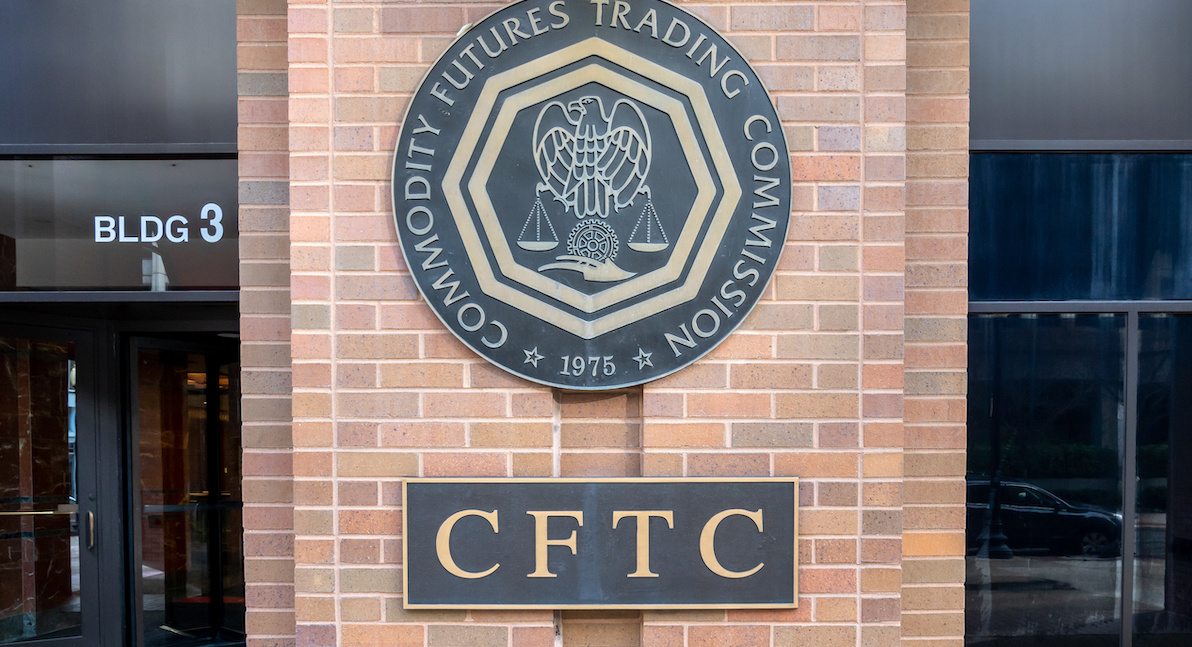
[ad_1]

A US regulator charges five people on Wednesday for allegedly “fraudulently soliciting” money from more than 170 people for a company called Icomtech to trade bitcoin and other assets for them.
The Commodity Futures Trading Commission filed a complaint in the US District Court for the Central District of California against David Carmona, Juan Arellano Parra, Moses Valdez, David Brend and Marco A. Ruiz Ochoa — who all did business as Icomtech, the regulator said.
The five misappropriated customer funds and specifically “targeted Spanish-speaking communities,” the CFTC said.
What happened
From August 2018 through December 2019, the five and other Icomtech agents “falsely represented they would use the money to trade Bitcoin and other digital asset commodities for the customers,” would provide returns and would double customers’ money within months, the regulator said.
That didn’t happen, the CFTC alleges.
“Instead, Defendants misappropriated customer funds to further promote the scheme, and, on information and belief, to pay for personal expenditures and to pay themselves commissions and bonuses,” according to the CFTC’s complaint. “In fact, some Icomtech customers lost all of their funds.”
Carmona and Arellano is believed to be in federal custody, the CFTC said.
The regulator also named bitcoin, Ether and USDC as “commodities” in the complaint.
Sometimes, hundreds of people attended different Icomtech promotional events, which were held throughout California, according to the complaint.
CFTC Commissioner Kristin Johnson compared the alleged fraud to an “old-school Ponzi scheme,” in a statement.
Johnson said she was committed to “raising alarms regarding fraud that targets vulnerable investors based on relationships, kinship, or other social network connections.”
“As I have noted previously, perpetrators target the identified communities because they are familiar with the fears and challenges that may deter investors from reporting or effectively communicating the details of the fraud to law enforcement or regulatory authorities,” Johnson said.
[ad_2]
Source link




